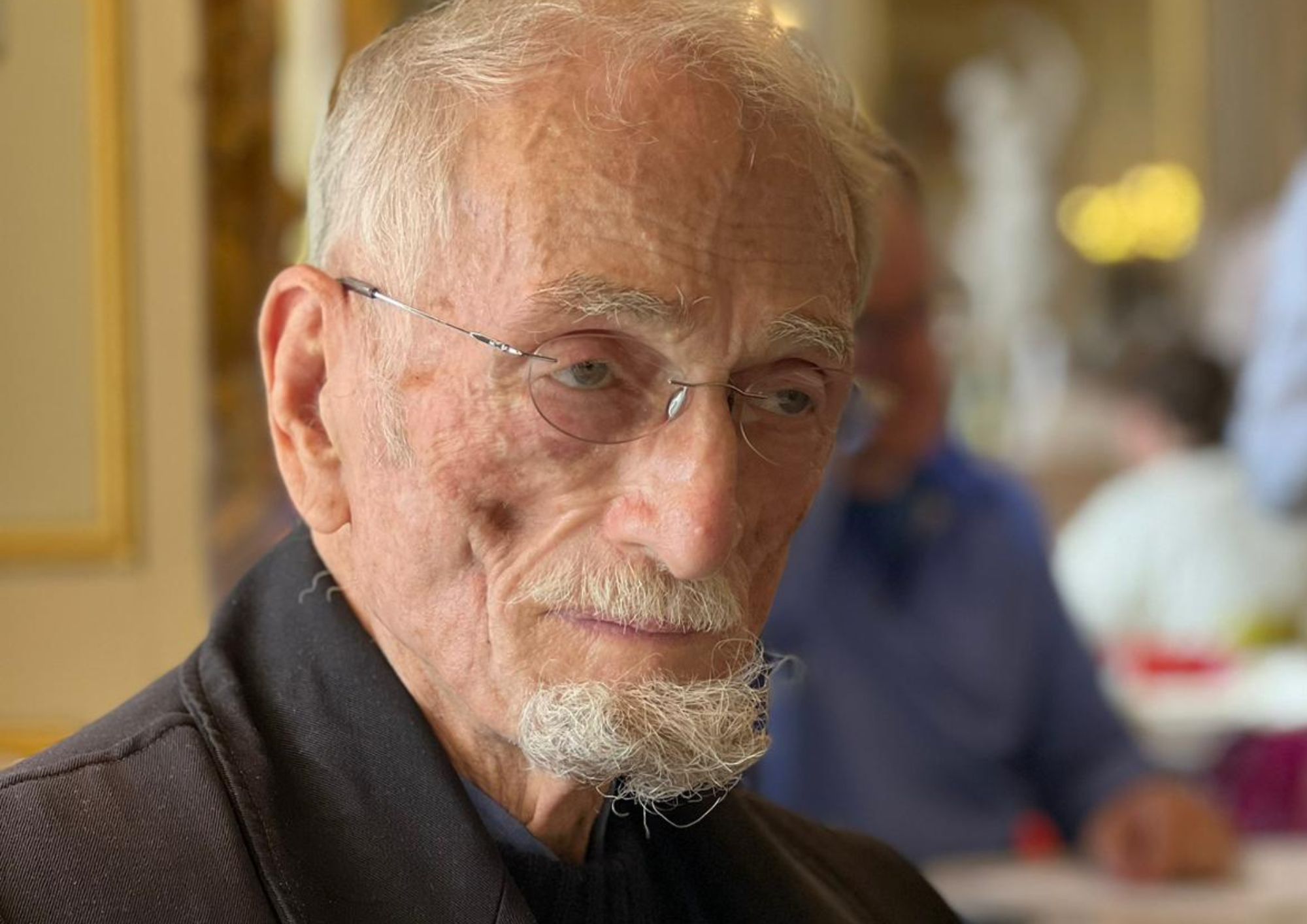Russell Butler, economist who used talents to become ‘servant of the people'
He turned down chance of standing for safe seat in Commons
Monday, 20th March 2023 — By Dan Carrier

Russell Butler
RUSSELL Butler was a polymath who dedicated his wide talents to helping others.
The economist and activist, who has died aged 88, supported developing economies across Africa, campaigned to make the Labour Party more representative, and helped scores of friends with the benefit of his wit, wisdom and steady counsel.
He had grown up in the Wiltshire town of Melksham where his parents, Arthur and Winifred Butler, had adopted him.
Many years later he would discover his mother’s maiden name of Leon and that he possibly came from a Jewish family. Russell loved his adopted parents, remaining close to them throughout their lives, and commissioned portraits of them.
A bright student, he was awarded a scholarship to UCL to read economics – a topic he felt would help him better understand the social conditions of the period.
He had been politicised from an early age.
Aged 11, he campaigned to get Clement Attlee elected in 1956 and would later say: “I have managed to survive 11 leaders of the Labour Party since I first joined. I disagreed with all of them, but I have feared and hated the Tories all my adult life, and I am kept alive largely by the fervent hope that I may see them thoroughly defeated before I die.”
He excelled at university, turning to politics, becoming the Student Union president and a lecturer for the Workers’ Education Association.
He signed up for National Service but hated it and was discharged early.
He had the convictions of a pacifist, and was a keen supporter of the Housmans Peace Bookshop in King’s Cross.
He worked at Labour head office as a researcher and would go on to stand for parliament twice.
They were unwinnable seats but he cut Tory leader Edward Heath’s majority by 6,000 votes. He was in line for a safe seat but instead used his talent as a development economist in Africa.
It was while on a trip to Algeria that Russell met his first boyfriend. His random acts of kindness were many and he would generously help others, from providing shelter to offering companionship and good counsel to friends in need.
He moved permanently back to Primrose Hill in his 80s and established a group of friends in the area, visiting Sam’s Cafe, where similar intellects gathered, and heading to concerts and going on foreign holidays.
Settling into a studio flat on the Oldfield sheltered housing estate, it reflected his personality: immaculate, full of books and art and his piano.
He would start each day playing classical music, translating Latin poetry, and then working on his own verse, which was sometimes published in the New Journal.
He also penned two gay novels set in post-colonial Africa, and became involved in the Oldfield Tenants and Residents Association. His will has left his worldly possessions to the Labour Party, Housmans and the King’s Cross bookshop, Gay’s The Word.
As friend Amanda Sebastyen said: “Rwandan political refugee Sam Gisagara has called Russell ‘an African’ and ‘Mukhuru’ – a wise man and servant of the people. Let that be his epitaph.”
Russell had been diagnosed HIV positive in the 1980s and benefitted from the care and dedication of staff at Chelsea & Westminster hospital’s pioneering Aids department.
